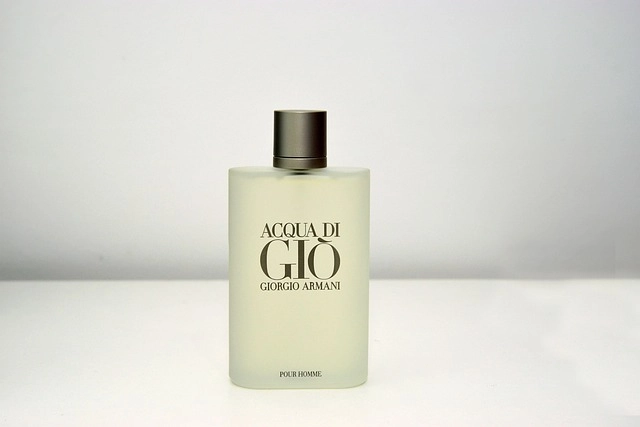Understanding natural vs synthetic fragrances is key to appreciating high-end scents like Escada Perfume. Natural aromas derive from plant oils with complex profiles, while synthetics are lab-crafted compounds for enhanced longevity. Escada blends both, showcasing unique floral, green accords ending in warm woody notes. Authenticity and quality assessment require attention to composition and longevity; Escada Perfume's complex blend offers a rich, lasting aroma.
“Unraveling the scent of a perfume, whether it’s synthetic or natural, is an art. This article guides you through the intricacies of identifying fragrances. We explore the difference between natural and synthetic scents, focusing on the role of notes and ingredients in perfumery. Learn to recognize quality and longevity, ensuring you invest in authentic experiences like Escada Perfume. Discover tips to navigate the market, choosing aromas that tell your unique story.”
- Understanding Natural vs Synthetic Scents
- Uncovering Notes and Ingredients
- Recognizing Quality and Longevity
Understanding Natural vs Synthetic Scents

In the realm of fragrances, understanding the distinction between natural and synthetic scents is key to appreciating a perfume or cologne like Escada Perfume or Escada Cologne. Natural aromas derive from essential oils extracted directly from plants, flowers, fruits, and spices. These organic compounds offer a complex, multifaceted scent profile that can evolve over time, creating a unique character for each fragrance. On the other hand, synthetic fragrances are crafted in laboratories by combining various chemical compounds to mimic natural scents or create entirely new ones. This process allows perfumers to achieve precise aromas with enhanced longevity and consistency.
When evaluating whether a scent leans more towards natural or synthetic, one should consider factors such as complexity, evolution, and overall ambiance. Natural perfumes often exhibit a richer, deeper scent that can change subtly over the day, while synthetic fragrances might present a more uniform and intense aroma. For instance, Escada Perfume, renowned for its vibrant and sophisticated notes, likely blends both natural essential oils and synthetically derived components to create its signature scent, offering wearers an exquisite olfactory experience that resonates with their personal style.
Uncovering Notes and Ingredients

Uncovering the notes and ingredients that make up a fragrance is a crucial step in determining its authenticity, especially when comparing natural and synthetic scents. With iconic perfumes like Escada’s offerings, this process becomes an art. Each perfume is a unique composition of various elements, carefully crafted to create a specific olfactory experience.
For instance, the renowned Escada Perfume often blends floral notes with fresh, green accords, leaving behind a warm, woody trail. These signatures are achieved through a combination of natural extracts and synthetic compounds. While some may argue that synthetic ingredients evoke a lab-created feel, the right blend can replicate the essence of natural fragrances, making it challenging to distinguish between the two without expert analysis. The key lies in understanding how these components interact, ensuring the final scent feels authentic and true to its brand identity, be it Escada Perfume or Escada Cologne.
Recognizing Quality and Longevity

When evaluating a perfume’s authenticity, recognizing quality and longevity are key indicators. High-quality perfumes, such as Escada Perfume, often possess a complex blend of natural ingredients that contribute to a rich, lasting scent. The finest fragrances allow notes of citrus, floral, or woody elements to intertwine, creating a nuanced aroma that lingers on the skin for hours. This intricate composition is a result of careful craftsmanship and the use of rare, pure essences.
In contrast, synthetic perfumes, including Escada Cologne, may offer a more immediate, intense fragrance but often lack the depth and longevity. Synthetic fragrances rely on chemical compounds to mimic natural scents, which can result in a flat or one-dimensional smell that dissipates quickly. While they might be more affordable, their inferior quality is easily discernible, especially when compared to the enduring beauty of a well-formulated, natural perfume like Escada Perfume.






